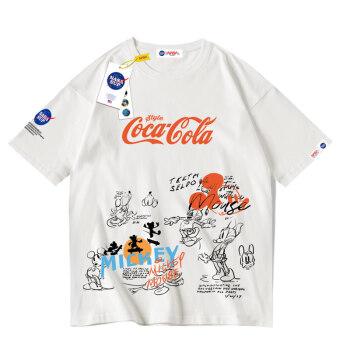Choosing the right fabric is very important when buying sports and leisure clothing, because the comfort and durability of the fabric directly affect the wearing experience and the life of the clothing. The following are some guidelines for purchasing athleisure clothing fabrics to help you choose durable and comfortable fabrics:
1. Prioritize fabrics with good breathability: athleisure You will sweat during activities, and fabrics with good breathability can allow sweat to evaporate quickly, keeping your body dry and comfortable. Common breathable fabrics include cotton, linen and bamboo fiber.
2. Pay attention to hygroscopicity and quick-drying properties: Sports and leisure clothing should have good hygroscopicity and quick-drying properties, and can quickly absorb and release sweat. Synthetic fabrics such as nylon or polyester are usually better at absorbing moisture and drying quickly.
3. Consider elasticity and stretchability: Athleisure clothing needs to have good elasticity and stretchability to provide greater movement space and comfortable wearing feeling. . The addition of elastic fibers such as spandex (Spandex) to fabrics usually provides excellent elasticity and stretchability.
4. Consider durability and abrasion resistance: Athleisure clothing needs to have good durability and abrasion resistance and be able to withstand frequent wear and washing. Natural fibers such as denim and canvas, as well as synthetic fibers such as polyester, generally have better durability and resistance to wear and tear.
5. Consider UV protection: If you often do outdoor activities, it is recommended to choose fabrics with UV protection, which can effectively protect the skin from UV damage. . Some specially treated fabrics can effectively block the penetration of ultraviolet rays, such as ultraviolet protective clothing.
6. Consider environmental protection: More and more people pay attention to environmental protection, and choosing environmentally friendly fabrics is also an important factor. Sustainable fabrics such as organic cotton, bamboo fiber, recycled polyester, etc. are some eco-friendly options.
In addition to considering the characteristics of the fabric, you should also pay attention to the credibility and reputation of the brand you are buying, and choose formal channels to purchase. In addition, it is most important for you to choose the right fabric based on your wearing needs and personal preferences, as well as the characteristics of the fabric.





